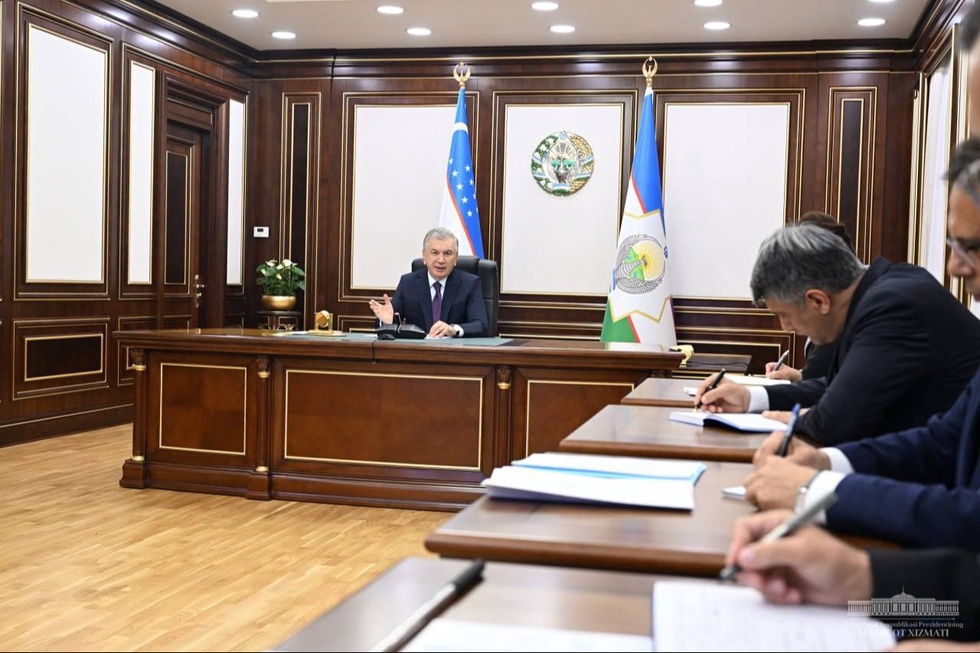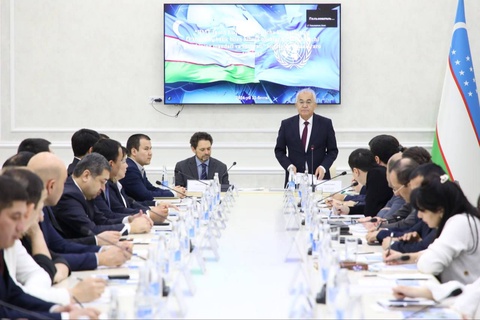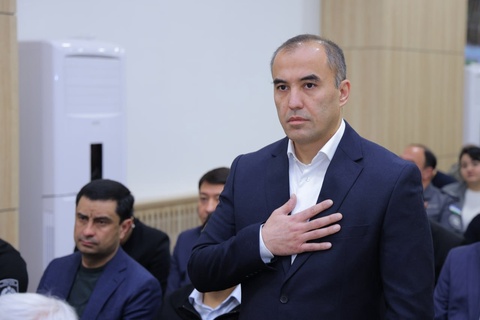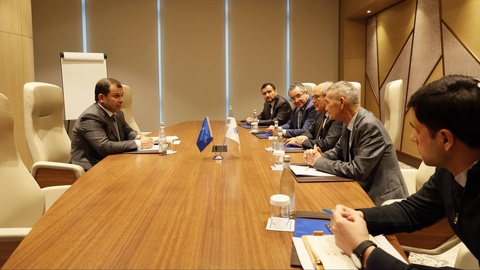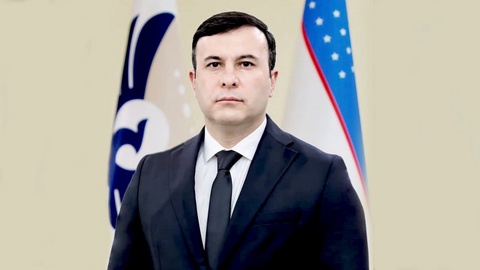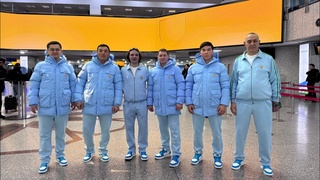Education is a process that is constantly evolving and transforming. To accelerate reforms in this direction, the project office “Center for Projects in Education” was created by a resolution of the Head of state on February 2 this year. Over time, the office and ministries have developed measures and initiatives to organize the educational process on new principles and increase the potential of personnel and the quality of educational services to international standards.
At the presentation on May 6, proposals for optimizing areas of study in higher education and improving admissions and qualification systems were discussed.
Today, the country’s universities offer 306 bachelor’s and 625 master’s degrees. However, some of them do not meet international standards and the requirements of the modern labor market. This creates specific difficulties in developing full-fledged qualifications among graduates and their employment.
In this regard, proposals have been put forward to revise the areas of bachelor’s and master’s degrees and open new areas in more popular areas based on the international classification of education and advanced foreign experience.
The issue of optimizing dean’s offices and other administrative structures through digitalizing the educational process in universities was also considered. Instructions were given to thoroughly review educational processes and implement a new system by September 1.
The following important issues are ensuring fairness in university admission and providing access to government grants to the most capable applicants. The current admission system and distribution of quotas cannot be called entirely competitive. Some applicants who score high may not be admitted because the university they applied to has filled its quota.
According to the new procedure, applicants who score high in a specific area will be recommended for a state grant, regardless of the chosen university. That is, young people who score high will have the opportunity to study.
Another innovation: now, the state grant will not be provided to one student for 4 years, but will be redistributed annually among students who have achieved high results.
The head of state emphasized the need for a fair organization of this system and informing young people and parents about it.
There are also many pressing questions regarding qualification requirements. Some criteria in the country do not fully comply with international standards and employer requirements. Of the approximately 8 thousand existing blue-collar professions, qualification standards have not been developed for more than 5 thousand, and the existing ones are unclear and of low quality.
In addition, certification has not been introduced in qualification assessment centers, and the processes and documentation of the national qualifications system are not digitalized.
In this regard, it was decided to create an Institute for the Development of the National Qualifications System and develop the necessary qualification requirements together with employers.
– This is a problem that directly affects employment. Therefore, it is necessary to develop laws in this area, determine the responsibilities of ministries and agencies, and strengthen control over their implementation”, Shavkat Mirziyoyev said.
The quality of technical education was also analyzed at the presentation.
More than 3,000 industrial enterprises are created in Uzbekistan every year, creating 146 thousand jobs. More than 25,000 engineers and technologists are required per year.
Even though personnel are trained in 33 state technical higher education institutions, the quality of education does not meet the required level. Some subjects and specializations taught here have already been excluded from the programs of leading foreign technical universities. Almost half of the curricula and programs do not meet the labor market requirementsac and international standards.
Responsible persons have been pointed out to the need for fundamental changes in this area of education.


